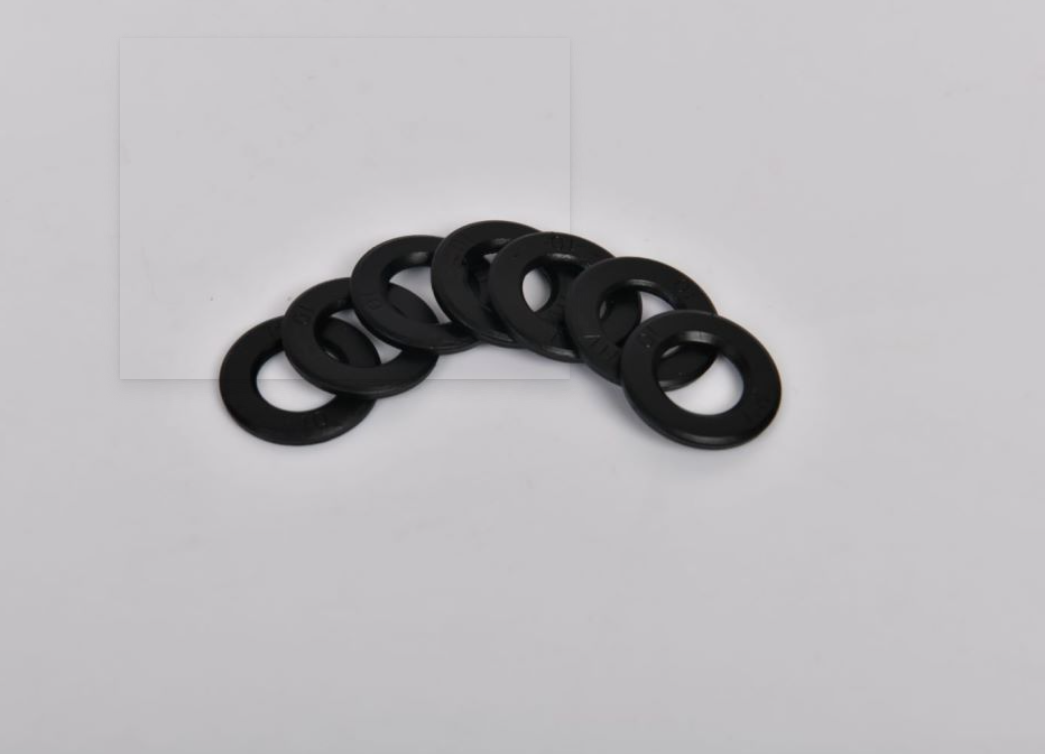Wholesale Self-Tapping Screws with Optimal Drill Sizes for Various Applications
Understanding Wholesale Self-Tapping Screws Drill Sizes and Their Importance
Self-tapping screws are an essential component in many construction and manufacturing processes. These screws have the unique capability to create their own hole as they are driven into materials, making them a convenient choice for various applications. This article will delve into the specifics of wholesale self-tapping screws, particularly focusing on drill sizes, and why they matter.
What are Self-Tapping Screws?
Self-tapping screws are specially designed fasteners that can form their own threads in the material they are driven into. Unlike traditional screws, which require a pre-drilled hole, self-tapping screws can penetrate and tap into various materials, including wood, metal, and plastic, by using cutting edges located on their tips. This feature is beneficial in reducing labor time and improving efficiency in installation.
The Role of Drill Sizes
Understanding the correct drill size when using self-tapping screws is crucial to ensure a secure and effective fastening. The term drill size refers to the diameter of the hole that needs to be made to accommodate the screw. An optimal drill size allows the screw to fit snugly in the material, preventing any movement or loosening over time. If the hole is too small, it can cause damage to the screw or material, and if it is too large, the joint may be weak and susceptible to failure.
The drill size needed will depend on a few factors, including the screw diameter, the material being used, and the type of screw. For example, a larger screw typically requires a larger pilot hole. However, each type of self-tapping screw may also have specific recommendations for drill sizes based on its design and intended use.
Choosing the Right Drill Size
wholesale 8 self tapping screw drill size

When selecting a drill size for self-tapping screws, it is essential to consult the manufacturer’s specifications or guidelines. Most suppliers provide detailed charts that outline the recommended drill sizes based on the specific gauge and type of self-tapping screw. A common recommendation is to use a drill bit that is slightly smaller than the screw’s diameter to ensure that the threads can grip securely.
It’s also worth noting that while some self-tapping screws can be directly driven into the material without a pilot hole, many professionals recommend pre-drilling holes, especially in harder materials or when using larger screws. This practice helps to prevent splitting, particularly in wood, and ensures a straighter and more precise entry.
Benefits of Using Wholesale Self-Tapping Screws
Purchasing wholesale self-tapping screws can provide significant advantages, particularly for larger projects. Bulk buying often results in cost savings, and having a steady supply of screws on hand is convenient for contractors and manufacturers. Additionally, when sourced from reliable suppliers, wholesale screws often come with guaranteed quality, ensuring consistency and performance.
Moreover, wholesale options generally provide a variety of sizes and types, allowing for flexibility in projects. Whether one needs screws for metal sheeting, wood framing, or plastic assembly, purchasing wholesale ensures a broad selection that can cater to diverse needs.
Conclusion
In summary, self-tapping screws are an invaluable tool in various industries, and understanding drill sizes is key to their effective use. By selecting the correct drill sizes based on the specifications of the screws and the materials involved, one can ensure secure and durable fastenings. For those involved in construction or manufacturing, purchasing self-tapping screws in wholesale can lead to both financial and operational benefits, making it a smart choice for any project.
-
Top Choices for Plasterboard FixingNewsDec.26,2024
-
The Versatility of Specialty WashersNewsDec.26,2024
-
Secure Your ProjectsNewsDec.26,2024
-
Essential Screws for Chipboard Flooring ProjectsNewsDec.26,2024
-
Choosing the Right Drywall ScrewsNewsDec.26,2024
-
Black Phosphate Screws for Superior PerformanceNewsDec.26,2024
-
The Versatile Choice of Nylon Flat Washers for Your NeedsNewsDec.18,2024










